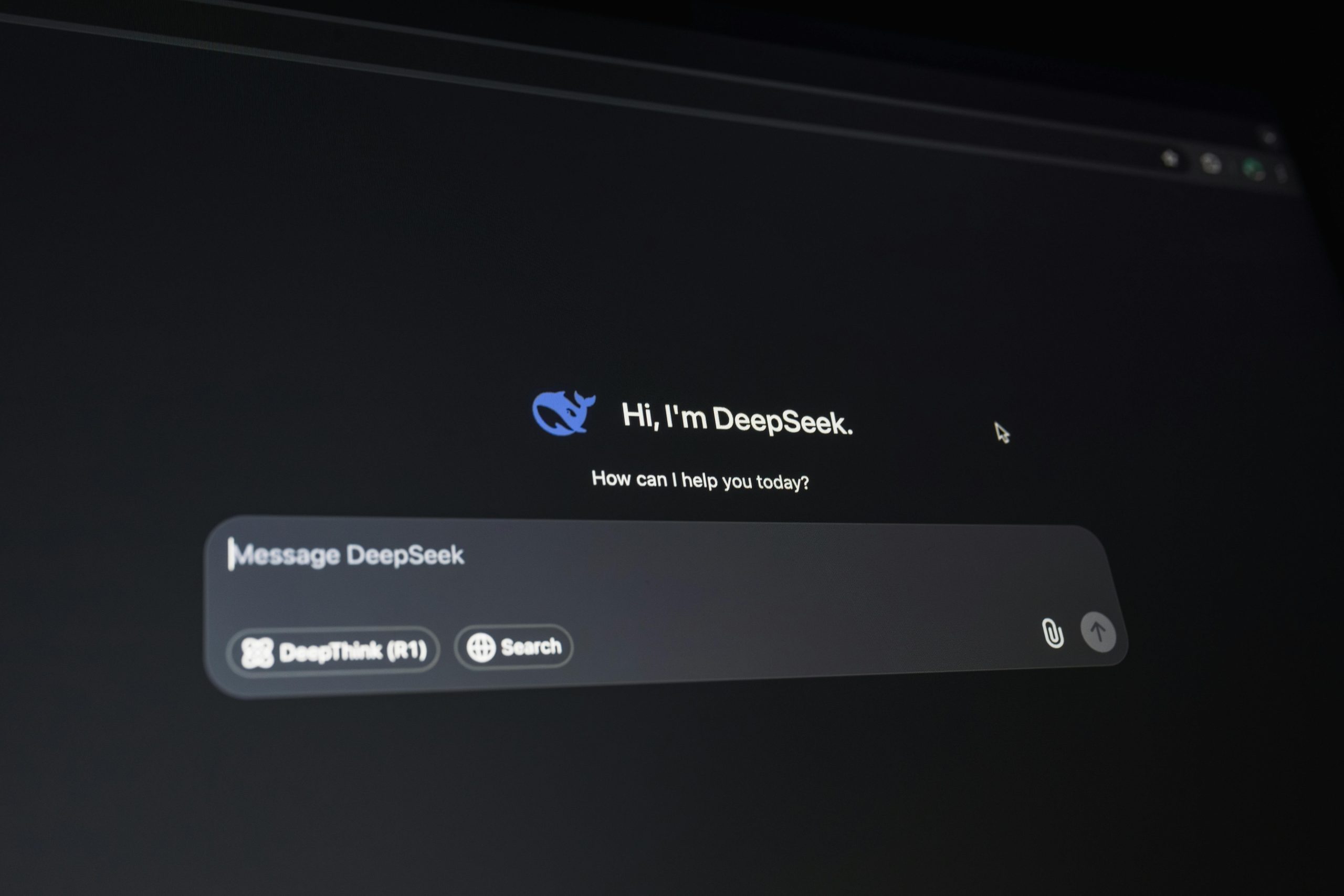How does society change if we get to where 80-90 % of all used code can be AI generated?
Envisioning a Future Where AI Dominates 80-90% of Software Development
As we reflect on recent technological progress, one question increasingly captures our imagination: what if, in the near future, artificial intelligence is responsible for generating 80-90% of all code used across industries, services, and government initiatives?
Over the past couple of years, rapid advancements in AI, especially in code generation, have sparked both excitement and concern. While some industry experts argue that such a scenario remains decades away or believe the complexities make it unlikely, the ongoing momentum suggests we should consider the potential implications carefully.
The Possibility of AI-Led Software Creation
Imagine a landscape where AI models, guided with precision and expertise, produce the majority of code for various applications. In this future, the hurdles of security vulnerabilities, bugs, data leaks, and deploying risky scripts are significantly mitigated—perhaps through improved AI safeguards and rigorous validation processes.
Societal and Cultural Transformations
Such a shift would inevitably transform our society and culture. The role of human developers and engineers might evolve from hands-on coding to overseeing, guiding, and validating AI outputs. The skills that become most valuable could include problem-solving, strategic thinking, ethical oversight, and AI management.
Furthermore, the innovation cycle could accelerate dramatically, leading to faster deployment of new products and services. Funding and support for startups might shift focus, emphasizing ideas that leverage AI’s capabilities rather than traditional coding expertise.
Implications for Industry and Employment
Industries centered around software creation could see profound changes. The barrier to entry for new businesses might lower, democratizing innovation and allowing a broader range of entrepreneurs to bring ideas to life. Yet, this also raises questions about job displacement, the importance of human oversight, and the preservation of creative and critical thinking skills.
Preparing for a New Era
As we stand on the cusp of this potential transformation, it’s important for individuals, companies, and policymakers to consider how to adapt. Emphasizing lifelong learning, fostering human-AI collaboration, and reinforcing ethical standards will be crucial in navigating this evolving landscape.
In Conclusion
While the journey toward AI-generated code at scale is still unfolding, contemplating its societal impacts helps us prepare proactively. Whether this future fully materializes or remains a distant possibility, staying informed and adaptable will be key to thriving in the new era of technology-driven innovation.














Post Comment